The Use Of Hypnotherapy When Working With Habits & Addictions
Attended Hypnotherapy Training
in Surrey
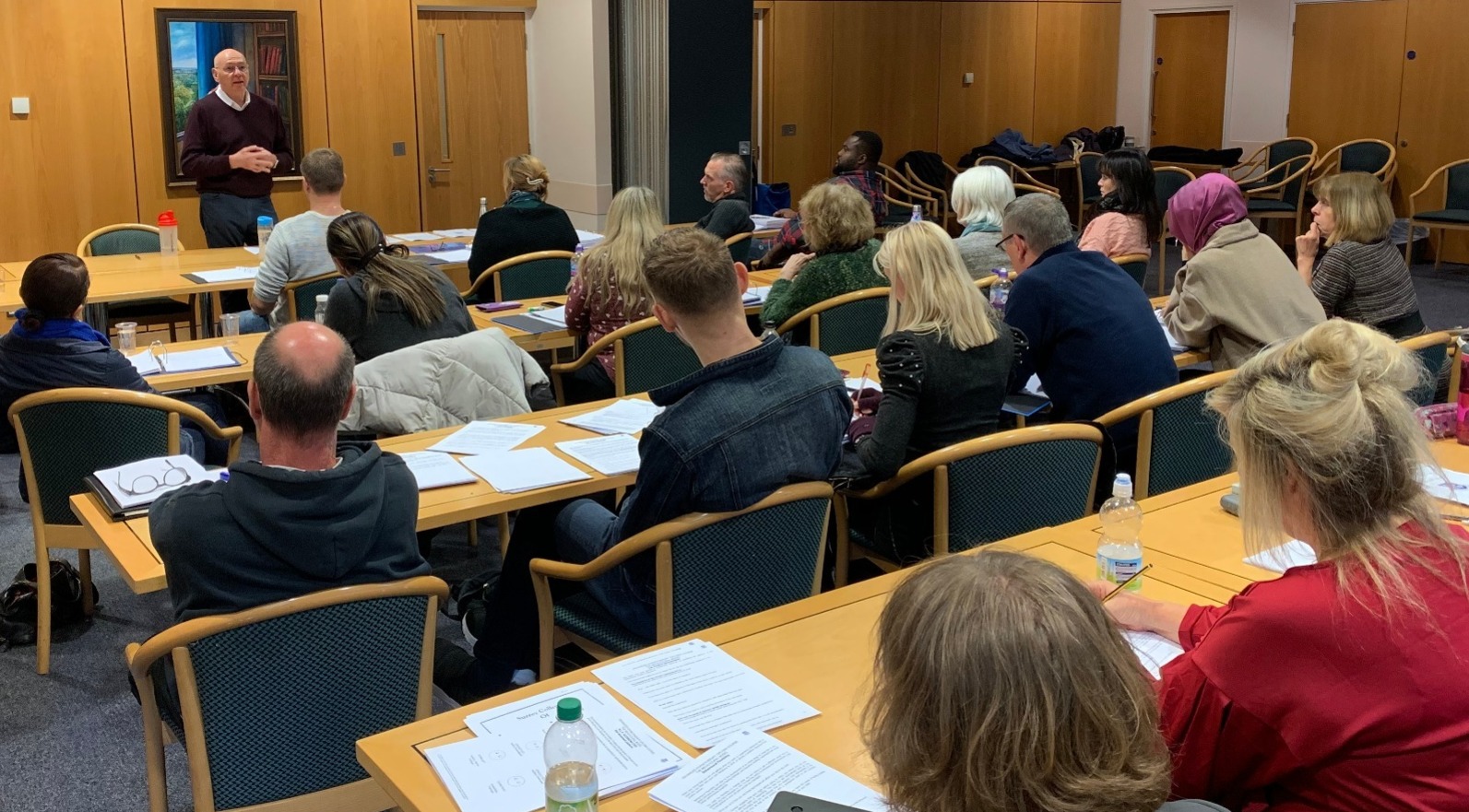
Attended Hypnotherapy Training
in Surrey
Hypnotherapy
Working With
Our
Addictive Mind
January 27th & 28th
2024
Synchronized Live Online training UK & International Students.

Synchronized Live Online Training For UK & International Synchronized
The Use Of Hypnotherapy When Working With Habits & Addictions
Space Permitting - This Weekend Can Be Attended For Continues Professional Development, CPD
Fee : £235
Weekend Syllabus:
1)Smoking cessation.
2 ) Weight lose
3) Alcohol dependency
4) Emotional eating
5) Substance abuse
6) Behavioural habits
7) The use and requirement for metaphors.
8) Utilising Milton Erickson's paradoxical interventions.
9) Ideo motor techniques for communication with the unconscious mind.
10) Utilising sub modalities for pain control
11) Working with pain
Held by James, with forty years clinical experience brought to the training.
It is said that there are more than 4.5 billion smokers worldwide; certainly the volume of people contacting you this year for help with smoking cessation, alcohol abuse and addictions to other stimulants will be a substantial part of your workload, and yet this area can be the most complex to work with.
Dr Peeke - Emotional Eating
We all have a series of habits peculiar to us as individuals, which of course we include in everything that we do, especially with stress-related behaviour.
These habits need to be addressed for your client to fully experience the richness of life for themselves, within a relationship or as a parent.
These hypnotherapy appointments often take more than one session. Your client may require support to address the issues that the addiction has managed.
This will probably be your largest area of referrals for hypnotherapy from the medical profession, which recognises hypnotherapy as a successful approach to clients suffering with habits and habitual behaviour.
This Introduction To Hypnotherapy Weekend aims to give you the tools to substantially improve your skills and ability to help your client take control.
These two days will address, the hypnotic interventions required, whilst working with any type of habit, smoking, food, chemical use, alcohol & the behavioural habits such as work, sex & behavioural responses.
Whilst our brain operates on a singular pattern of survival which creates the habit, the reasons for developing the habit and behaviour are as varied as the clients that you will work with.

This course will help you to understand people and how to work with the individual. The Syllabus Includes:
The initial consultation, how to translate the client's explanation into a therapeutic elimination of the habit
Working with the addictive part of the personality
Food, Alcohol, Nicotine - therapeutic use or habit?
What other habits are being built into the habits of habitual behaviour?
What need is the habit satiating?
How do you best help your client?
This individualised approach to habits, smoking cessation, emotional eating, alcohol dependency etc, is incredibly successful.
The therapeutic interventions are comprehensively covered and scripts supplied.
The approach used is client specific, and so addresses the individuals needs and not reliant on a singular script to be used with all clients, where one size will not fit all.
This Introduction To Hypnotherapy weekend would be suitable for the therapist who is looking to work innovatively with the client toward success.
For More Information
To Discuss The Course Please call 01932 341055

Why Do We Need To Experience The Pleasure And Pain Of Addiction?
Brief Synopsis
• Pleasure — the good feeling you get in response to stimulus, food, sex and other stimulants and rewards. The pleasure feeling is driven by the release of various neurotransmitters throughout the brain, which release the so-called “pleasure chemical.” For legal reasons we are unable to name the hormone released on this website page.
• Certain food products, notably refined and processed “hyperpalatable” foods containing high amounts of sugar, salt and unhealthy fats which hijack your brain’s reward center, causing changes identical to those found in alcohol and in drug use.
• Habitual behaviour also affects your frontal cortex, impairing our ability to control impatience, impulsivity, irritability and other mood states associated with addiction and withdrawal
• Abuse, neglect and other trauma during your formative years can profoundly affect your frontal cortex and deliver epigenetic (relating to or arising from non-genetic influences on gene expression.) influences that make you more susceptible to addictions.
My personal theory, this is more about gaining and maintaining an attachment, denied during the early development of the brain in the formative years.
Briefly, when we do not make that attachment with our parental others we find our selves attempting to make attachments with others, things or stimulants later in life.
The brain is a powerful instrument that often appears to have "a mind of its own."
This is the case when it comes to how it handles pleasure, which has been shown to affect both the nucleus accumbens, or reward center, and frontal cortex regions of your brain.
It is believed that all habits, whether it be food, sex, stimulants, alcohol or behaviour, have a similar hijacking effect on our brain. Fortunately, with hypnotherapy most habitual patterns are completely reversible and there is hope for a better brain response and a better life, although for long term relief the individual will need to build a better relationship with the self.
See themselves as lovable and worth saving not compensating for or anaesthetising.
The SCCP Offers You The Tools To Help

Your Client
What Happens In Our Brain When We Experience Pleasure?
Practising the techniques that will help our clients





Pleasure is the good feeling we gain in response to stimulants, food, sex and some behaviour. Pleasure is driven by the release of various neurotransmitters throughout the brain.
There is a specific hormone released which is associated with pleasure and reward.
When this hormone is released, it tells our brain to expect something rewarding. It also drives us to seek rewards and modulates how rewarding each will be. Furthermore, release of this hormone plays a role in supporting cognition, voluntary and at times of stress, involuntary movement.
Neuroscientist Dean Burnett, Ph.D., lecturer and tutor at the U.K.'s Cardiff University Center for Medical Education, says:
"Anything that causes us to experience pleasure, in any context, invariably involves activity in the brain's mesolimbic reward pathway. It's a deeply embedded area of the brain, made up of many links between the nucleus accumbens and the ventral tegmental area.
These regions of the brain are responsible for reviewing what we're experiencing and deciding whether it warrants the sensation of pleasure, and supplying this pleasure, or 'reward,' if the answer is yes., the neurological processes that govern this area of the brain , uses a pleasure hormone, hence this hormone is frequent labelled the 'pleasure chemical.'"
All stimulants of abuse, encourage the release of this hormone, as do other rewarding experiences like eating, gambling recognition and sex. On the other hand, decreases in this hormone within the reward systems are associated with depression, a lack of pleasure, motivation and withdrawal.
It follows then that mental illnesses like schizophrenia, are characterised by too much of this hormone being released, thereby resulting in psychotic symptoms.
Burnett believes the reward pathway is influenced by the reality that there are an unlimited number of things we can experience as well as countless connections and links to each one of those experiences.
As if our brain is like one huge computer server, that houses all of the digital records pertaining to the entire world's supply of money. It would be difficult to imagine all the people and things that would be attached to this one server, not to mention all the ways and occasions it would be activated.
Our brain's reward center is handling nonstop "transactions."
Unfortunately, anytime there are breakdowns in your decision-making process, we become vulnerable to pathological behavior, which is associated with most habits. When we have a habit linked to a particular substance or experience, we adopt a type of "I'll do whatever it takes" attitude to achieve our desired outcome.
Over time, as the habit attachment grows, it matters very little whether we still find the activity or experience to be pleasurable.
No matter what we want to do, it becomes nearly impossible to stop the behavior or habit.
The Role of The Pleasure Hormone in Food and Other Habits
The similarity between emotional eating and the stimulant habit is striking, and likely stronger than we may suspect. As mentioned, the reward hormone plays a critical role in all forms of habits.
Considering habits involving food and drugs, when I have helped clients to stop drinking they will often start to look for the sugar they found in alcohol in the food eaten or within sugary drinks.
The role of the pleasure hormone in habits was very much a part of Dr. Nora Volkow work, a habit psychiatrist, who has openly admits to her own compulsive attachment to chocolate.
Her breakthrough came with the introduction of MRI and (PET) scanning, offering high quality views of the brain and its reactions.
By studying the brain's reward center, Volkow realised we only experience pleasure or reward when the pleasure hormone binds with its receptor, the D2 receptor.
D2 receptors are located throughout the reward center in the brain.
When the pleasure hormone links to D2 receptors, immediate changes take place in the brain cells, resulting in a "high," of pleasure and reward.
Many have suggested some brains are more susceptible to habits than others.
Peeke, states "vulnerable people have an early history of abuse or trauma, mood issues or a history of personal addiction or share a genetic family link to someone with a habit, people from this group are at much higher risk in developing a habit such as an eating disorder.
My clinical experience would suggest this group would also include those with parental others who are vulnerable to mood swings, have mental health issues and unable to facilitate attachment with their children.
This is is heightened when hyperpalatables are involved, refined processed sugars, unhealthy fats and salt.
Whilst impossible to estimate accurately how many people struggle with emotional eating, we know it affects both men and women, involving a range of problem behavours.
Emotional eating, might vary from the those who are able to control their habit through modified lifestyle habits like calorie counting, to seriously compulsive over-eaters living with obesity.
We might think emotional eating is a problem only for overweight people, it actually affects people of all sizes, as many slim people maintain their weight by fighting their habit.
Emotional eating covers the entire range of the weight spectrum
This is not about diets or being over weight

Working with a habit's, is not about the substance.
The substance is a choice or a vehicle to achieve the required feeling or higher

Understanding the individual is vital to working with a habit.

How Do Habits Develop
The basic design for our body and mind is survival, the brain will do what ever it can to maintain our survival. When we overindulge in stimulators like alcohol, sex, drugs or sugar, our brain's reward center takes note that we have become overstimulated. The brain perceives this altered state, to be detrimental for our survival and compensates by decreasing our sense of pleasure and reward.
The brain does this by desensitising our D2 receptor response, by eliminating some of them.
This survival strategy creates a situation where we don't feel the same pleasure or reward as we did at the beginning of the habit. This survival response is the same for food or stimulants. Resulting in the development of tolerance, we desire more and more of our choice of high but find it less pleasing. Now compelled to feed the habit but no longer for the pleasure or reward response we experience habit.
Habits Lead To Other Problems And Inhibit The Enjoyment Of Life
Instead, the primary reason we continue feeding the habit is to avoid the pain and discomfort of withdrawal, which we want to avoid and are unable to tolerate.
In fact, any form of habit reduces our life skills and tolerance in general, especially reducing our threshold to frustration.
To generalise we become less tolerant.
Interestingly, Volkow's work revealed the changes taking place in the brains of those with habits and food addicts are identical.
Habits cause many
problems.
Hypnotherapy can help
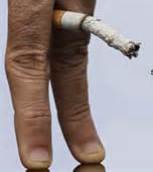
Regardless of the substance used, Volkow noted very little of the pleasure hormone bonding with its D2 receptors in the brain with habits, mainly because the number of receptors had been drastically reduced due to continual exposure to the habit or substance.
This belief underpins this weekend and the use of hypnotherapy in the treatment of habits.
Whilst our clients are different and we take a person centred approach to every therapy session, the substance used might be different but the approach to therapy is in synergy with the clients brain's response to survival.
It is not about the substance, we need to support the client back to life skills and help the client's mind to heal.
Peeke said:
During a PET scan, a pleasurable scene like a sunset was shown to a brain with out habits, the response was a red-orange glow where the pleasure hormone was bonding with the D2 receptors.
What might you see in the habitual brain?
Almost no orange there.
The D2 receptors are so low in number that the participant was suffering anxiety.
They crave more of whatever their fix is," with little response to the sunset.
Overall, Volkow's study was able to show:
1. Emotional eating is real
2. Changes that take place in the brain's reward center are identical for all habits.
3. The brain's reward center is just one of the affected regions; the frontal cortex is also impacted.

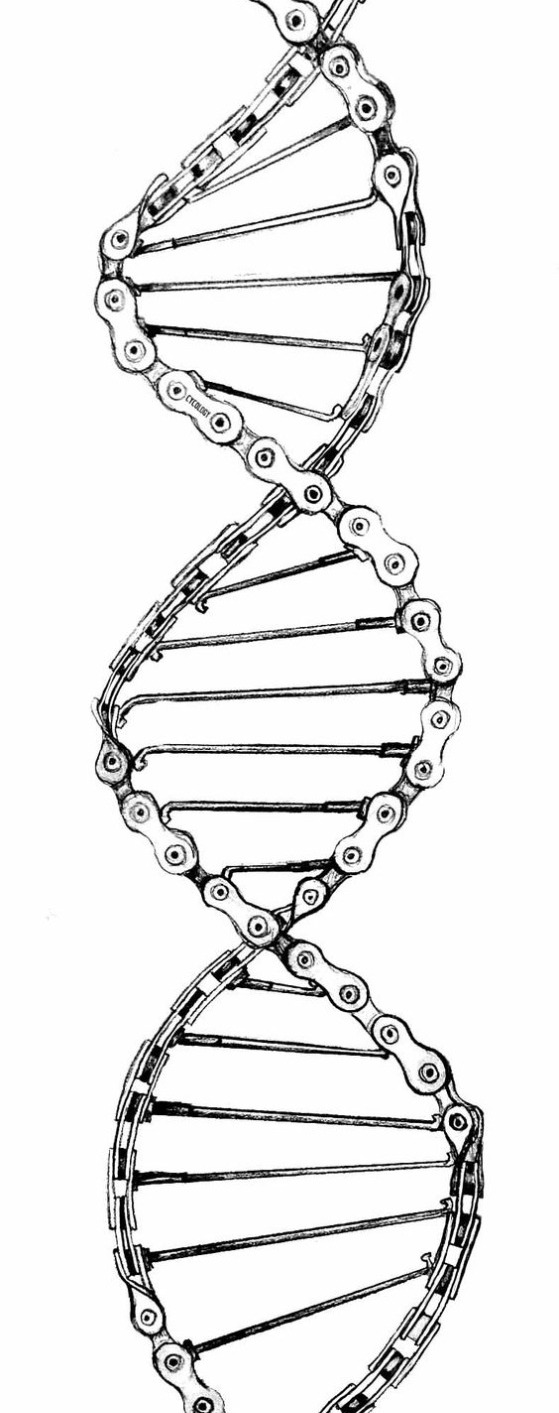
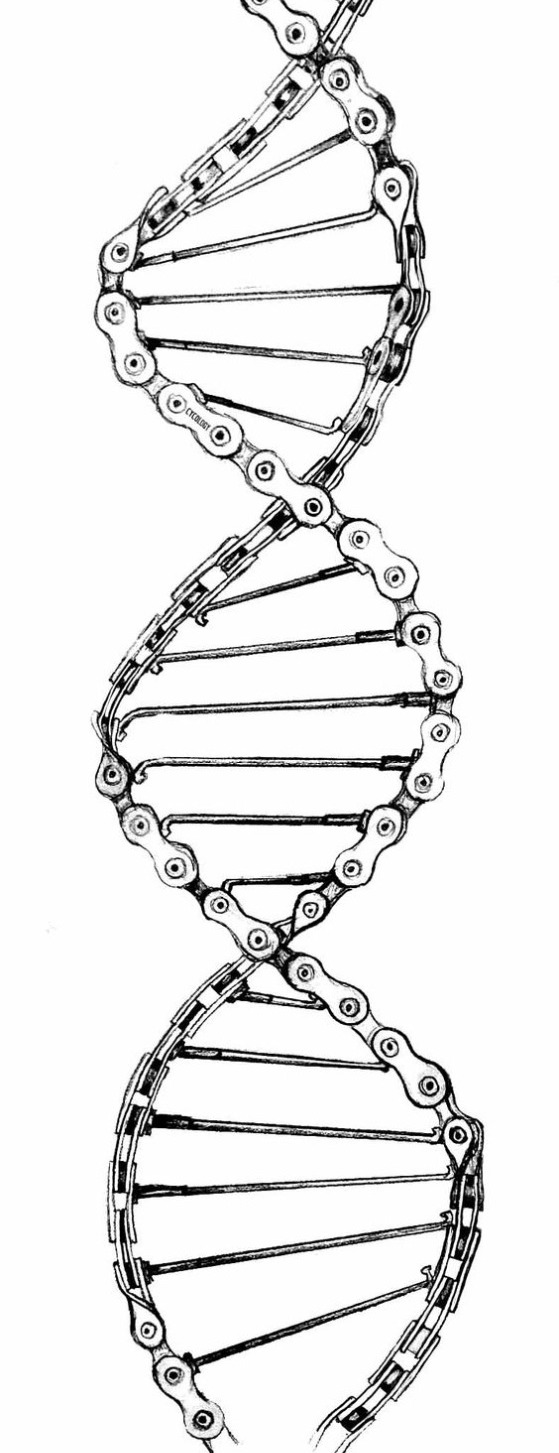
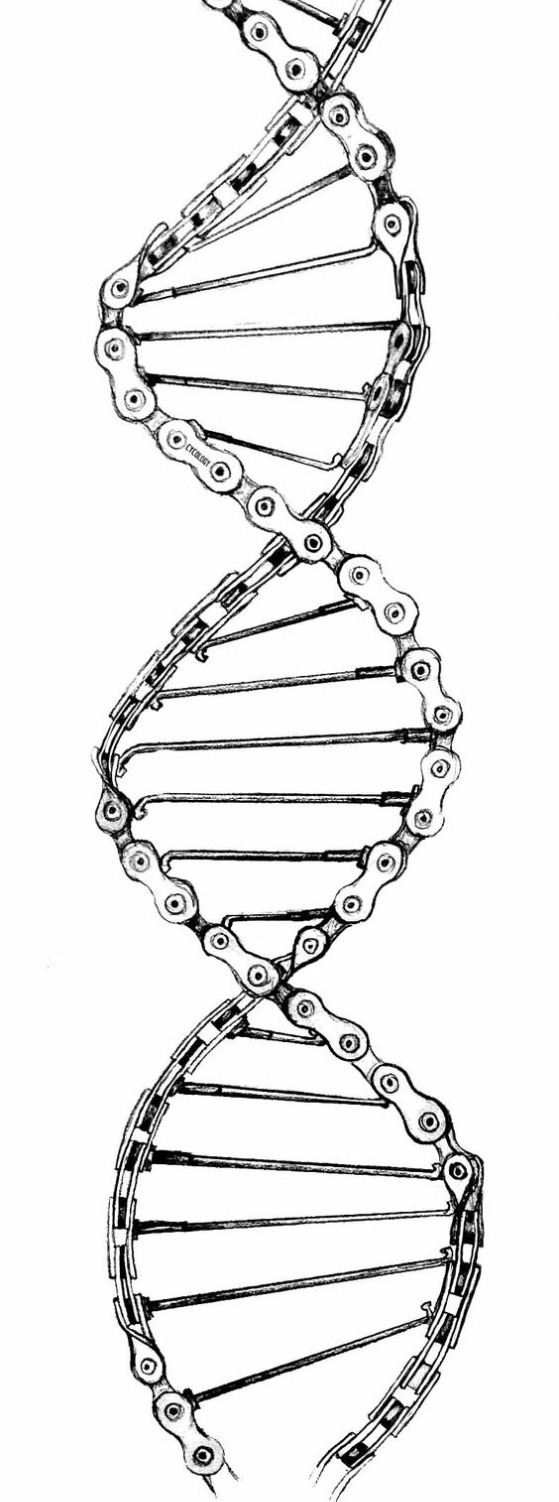
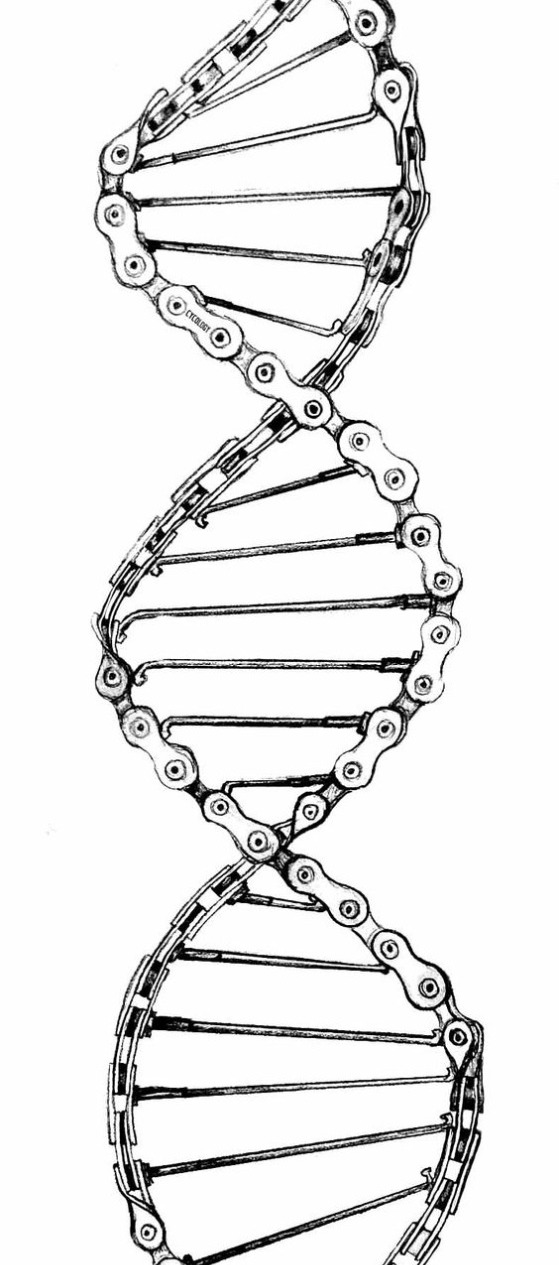
The impact that habit has on our frontal cortex:
The impact of habits means, we have an impairment in the 'CEO of the brain.'The brains ability to rein in impulsivity, irritability, impatience and all of the things associated with habit withdrawal.
In this condition, we cannot remain vigilant.
It is difficult to pay attention.
We are unable to be mindful.
We are unable to look to the future and to plan, organise or strategise. Think Maslow.
We are unable to focus on a human relationship when we are in withdrawal, due to the lack of attachment with the substance or behaviour.
Now, you have an out-of-control CEO and a hijacked reward center.
An habit.
Children Unable To Gain Attachment Or That Suffer Trauma In The Early Years Are Likely To Develop Future Habitual Behaviours
As discussed, you may be particularly susceptible to habits if you've experienced physical, emotional or sexual abuse, neglect or other trauma during your formative years.
This would indicate that the client has not made and maintained an attachment with another person, parental other.
When this is the case we tend to attach to the wrong people for our emotional health and usually risk takers. We seek other experiences that might be detrimental to our welbeing, including substances that might anaesthetise us against the pain of being with ourselves. After all if those that are in theory supposed to love and care for us do not, why should we?
The trauma discussed above during childhood, adolescence and or young adulthood can significantly affect the frontal cortex, thereby setting the stage for habits.
Research has shown, women who had the highest levels of abuse during childhood had a 90 percent increased incidence of emotional eating.
Susan Mason, Ph.D
Research suggests, the role of epigenetics (non-genetic influences on gene expression), discusses a "susceptibility to change" between the ages of 8 and 13 when the genome is particularly vulnerable to epigenetic influence (environmental disturbance).
This means our genes are being turned on or off, leaving molecular markers based on what is happening to us. (Chemically laying down an experience that we will respond to later).
The term, "influences of your experiences" says it all. It is the perception of our experience coupled with our personalisation that determine our response.
The influences of our experiences go on to shape how we self-soothe and whether or not we become self-destructive.
Peeke
If not addressed, these issues follow us into adulthood and set the repetitive story of our lives.
Even if our history is not of abuse or trauma, we may still self-sooth or self-destruct with habitual behavours, we may repeatedly give into cravings when tired or stressed, which may well condition us for future habits.
Interestingly, it may not be the stimulant which triggers the highest level of the pleasure hormone being released in our brain; it can be the cues and triggers associated with them.
Showing pictures or triggering sensitivities can lead to higher levels of pleasure hormone secretion in the brain than consuming the stimulant; anticipating the fix can bring a higher reward than taking the substance provides.
Habits will always bring more pain over time
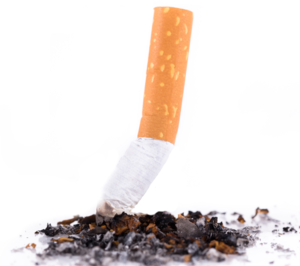
When working with habits always look for what is missing. What makes your client complete will be the key to recovery.

Habits of any kind will eventually take over life.

Hypnotherapy Can Help

Hypnotherapy - Exercise - Nutrition - Sleep - Can Help Your Client To Recovery
Dr. Peeke
Your Brain's Reward Center: Hacked by a Cupcake
Hypnotherapy can free your client from the trap of habits and the cycle of pain. Additionally exercise good nutrition and sleep are beneficial.
Physical activity especially of a rigorous nature prompts neuro-genesis and neuro-plasticity, which contributes to healing in the brain's frontal cortex and reward center. each exertion changes gene expression through out the entire spectrum of the metabolic syndrome, augmenting brain health and healing from the habitual process .
Similarly, we believe that hypnotherapy like transcendental meditation has been shown to epigenetically turn off inflammatory gene groups, while turning on genes responsible for increasing neurogenesis making both activities important for long-term recovery from habits of any kind.
On previous weekends we have looked at the power of "WHY" here the "WHY" comes into its own.
Paradoxically we can challenge the habit with "WHY" This approach will be covered on our Positive Psychology weekend.


